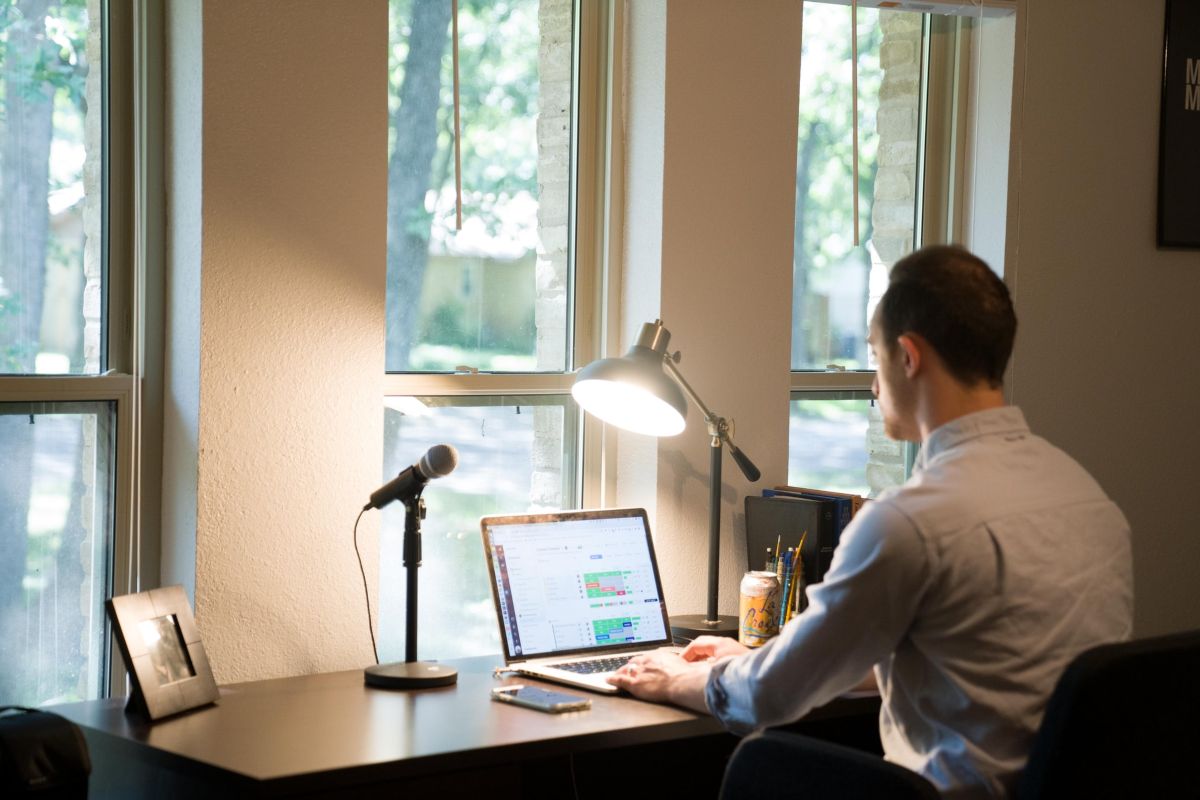When COVID-19 first arrived on the horizon, many of us were forced to work from home with short notice.
Whether you have been back into the office when lockdowns were eased, or you have instead been working from home for over a year now, it has probably got you thinking about what might happen when this is all over.
Let’s Look At The Facts…
Near the start of 2021, the idea of working from home being here to stay dominated the media headlines, as the Telegraph predicted in January that as many as a quarter of British employees could end up working from home for good.
In another article, Sky News argued that flexible working practices look to be a thing of the post-pandemic future, but when companies will implement these is unclear. This makes the point that, though we know working from home is likely to be a permanent feature, there is no predicting how and when this might solidify.
However, a couple of months down the line, in April 2021, HSBC became the first company to announce that they were moving more than 1,200 members of staff in Britain to permanent work-from-home contracts.
This is down to a study done by the UK bank, which found that 70% of its call centre employees chose to not return to the office. On the other side of the matter, a mere 5% said they wanted to return to the office permanently.
Therefore, the question we might ask ourselves should not be whether we are likely to work from home post-pandemic but instead how we might achieve working from home permanently in an effective way.
How To Effectively Implement Permanent Work-From-Home Procedures

1. Hosted phone system
One way you could work from home permanently, or even just a couple days a week, is by using a hosted phone system. A hosted phone system works through the internet-based cloud as opposed to traditional phone lines, allowing you greater flexibility over the workplace.
Operating the phone system through your personal smartphone or home office computer will allow you all of the benefits of having a business phone without the hassle of needing to purchase and install additional hardware or infrastructure.
2. Track your productivity
In the same way that you would be assessed on your progress within the office setting, you can make a safe bet that your supervisors will be making sure you are staying productive at home. To make sure that you are doing your best, keep an eye on your productivity.
3. Be adaptable
The hardest part of this is always going to be adapting to the changes. Whilst some people may work from home permanently post-pandemic, some employees won’t be afforded this luxury due to the nature of their job. There will also be some who split their time between the usual workplace and their home office evenly.
Therefore, as everyone start to settle into their new working habits, you should be as adaptable as possible, with everyone supporting one another as we try to create some semblance of a ‘new normal’ in the wake of the pandemic.
Author: Edwin Owusu Peprah











